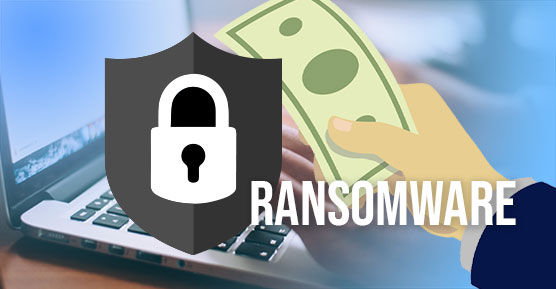
How to strengthen your supply chain against a new wave of disruptions
January 2, 2025
Field Service Management Software: A Complete Guide
January 2, 2025The Colonial Pipeline Ransomware Attack: A Wake-Up Call for Businesses
Colonial Pipeline, which operates the largest fuel pipeline in the United States, found themselves the target of a ransomware attack by a group called Darkside, who broke into their infrastructure because of a single compromised password. For the first time in its 57-year history, Colonial shut down the entire pipeline, resulting in gasoline shortages, long gas lines, and higher fuel prices. During the attack, the hackers stole almost 100 GB of data, threatening to leak it if the ransom wasn’t paid. Colonial wound up paying $4.4 million, some of which was eventually recovered by the US Department of Justice.
The Devastating Impact of Ransomware on Businesses
Losing Business-Critical Data
The most obvious concern is that your business could lose data and computing resources. Ransomware often disables workstations permanently, infects servers, and can even damage devices that control equipment such as electrical distribution stations and pumps. Worse yet, there’s no guarantee that your infrastructure will be restored should you pay the ransom.
When Your Data Becomes a Competitor’s Treasure
Ransomware often transmits any data that it finds, such as SQL or Oracle databases, Excel spreadsheets, Access databases, Word documents, and so forth, to hackers. For businesses, this data often includes confidential information that would be very useful to competitors. If your systems are infected, the criminals may demand payment, or they will sell your data to the highest bidder.
Also Read: 9 Steps to building a strong customer service team
Public Exposure of Your Sensitive Information
To make it even more likely that you’ll pay the ransom, the hackers often threaten to release your data to the public. Your confidential information could be made available on websites or the dark web. The hackers may auction it off to the highest bidder or they may sell parts of your database to anyone who will pay their price. They may do this regardless if you pay the ransom or not.
How Ransomware Exploits Your Personal and Business Data
Blackmailing Executives and Employees
It’s not uncommon to find personal or business data on workstations, laptops, and mobile devices. Sometimes this information is merely embarrassing and in other cases, the data may be criminal in nature. Skillful hackers will often uncover embarrassing information. In this case, they can blackmail individuals or even the entire business to prevent its release.
Selling Personal Information on the Dark Web
By sifting through your systems, hackers can find personal data such as credit card and Social Security card numbers, addresses, phone numbers, images of passports and licenses, and many other kinds of information. They can then sell this personal data on the dark web to any interested parties.
Also Read: Do you need to find another good technician?
Protect Your Business from Ransomware Attacks
Essential Steps to Prevent Ransomware
The situation is not hopeless. Your business can take the following actions to prevent or reduce the impact of ransomware:
- Install up-to-date anti-malware applications on every workstation.
- Train users about how to avoid clicking on phishing links and other security practices.
- Encrypt databases and files.
- Discuss cyber protection policies with your insurance broker.
Backup Strategies to Mitigate Damage
To mitigate any potential damage, ensure your backup strategy is sound, tested, and complete. It is important to use the 3-2-1 backup strategy.
Take Cybersecurity Seriously
Treat the threat of cyberattacks, including ransomware, seriously. Practice good security throughout your business to prevent, or at least minimize the impact of cyberattacks.



